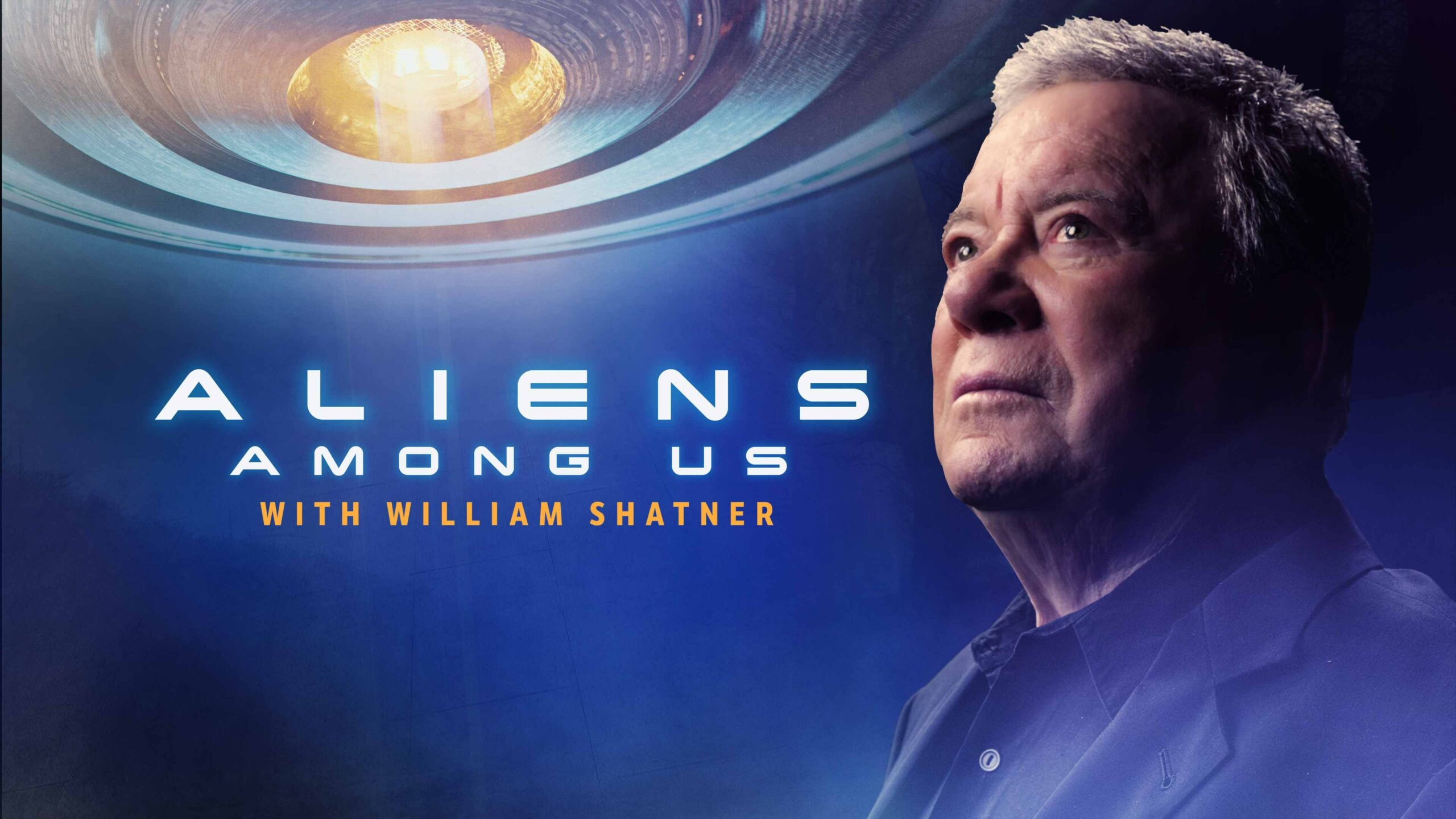In an age where technological advancements and scientific discoveries are reshaping our understanding of the universe, the question of extraterrestrial life has gained remarkable traction. William Shatner, a cultural icon known for his role as Captain James T. Kirk, poses a question that is both whimsical and profound: what if we are not alone in the cosmos? His belief in the existence of aliens is not merely a whimsical fancy but a perspective grounded in the very fabric of inquiry that has driven human curiosity for centuries.
Shatner’s fascination with the possibility of alien life extends beyond entertainment; it taps into a broader existential challenge. As he embarks on his exploration of this topic in the series “Aliens Among Us,” he invites viewers to ponder the implications of contact with extraterrestrial beings. What might it mean for humanity if we discover intelligent life beyond our planet? This question does not merely tickle the imagination; it resonates deeply with philosophical and ethical considerations about our place in the universe.
One could argue that the dismissal of the idea of UFOs and extraterrestrial beings is a vestige of past societal naysaying—an archaic skepticism that fails to keep pace with contemporary scientific discourse. Notably, recent revelations from various governmental bodies worldwide have highlighted unidentified aerial phenomena (UAPs), which further fuel the debate. Within this context, Shatner’s inquiry gains momentum, challenging skeptics to consider the validity of experience, testimony, and the burgeoning field of astrobiology that explores life’s potential beyond Earth.
A playful invitation emerges from Shatner’s discourse: are we prepared to confront the existential implications of discovering intelligent extraterrestrial civilizations? This inquiry pushes the boundaries of human thought and beckons a reconsideration of our terrestrial priorities. Should we shield our world against possible threats or embrace the opportunity for collaboration and understanding? The very notion of competing or coexisting with aliens propels a myriad of questions about technological advancement, morality, and the essence of what it means to be human.
Embracing such a perspective also serves as a mirror, reflecting our own societal follies and frailties. If aliens were to observe us, what would they think of our penchant for conflict, our environmental degradation, or our propensity for division? This introspection begs us to acknowledge our complexities—our triumphs and tribulations—as we gaze into the cosmos, which may, indeed, harbor life forms more advanced than our own.
In conclusion, Shatner’s exploration of extraterrestrial belief serves as a catalyst for essential discourse. The challenge is laid bare: can we expand our horizons and entertain the extraordinary while remaining humble in the face of the unfathomable? As we venture into this enigmatic realm, it remains to be seen how this dialogue will shape our future, igniting curiosity and perhaps even stirring a sense of unity among the inquisitive minds of our world.
